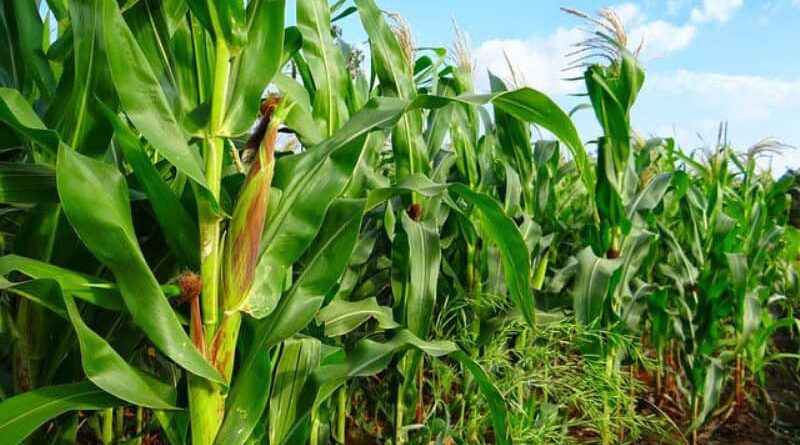Weather Forecast Integration Poised to Enhance Agricultural Yields in Rwanda’s 2025/2026 Farming Season
Written by NIYOMUGABA Jean Flex
The Ministry of Agriculture and Animal Resources (MINAGRI) has officially launched the 2025/2026 Season A planting period, with a strategic focus on utilizing weather forecast data to improve crop yields and strengthen agricultural resilience.
Agriculture continues to be a cornerstone of Rwanda’s economy, engaging a significant portion of the population. According to the National Institute of Statistics of Rwanda (NISR), approximately 47% of Rwandans were involved in agricultural activities as of 2024. The country’s favorable topography further reinforces its potential for successful farming.
The season’s launch coincides with the announcement of the national budget for the fiscal year 2025/2026. Among MINAGRI’s top priorities is the promotion of awareness campaigns and the timely provision of agricultural inputs, including seeds, fertilizers, and other essential materials. This approach is informed by experiences from previous seasons and aims to increase preparedness while fostering climate resilience through the adoption of climate tolerant crop varieties.
Although farmers are currently concluding Season C, the early initiation of Season A is intended to give farmers ample time to prepare. The move also invites collaboration with agricultural stakeholders to align their planning with government initiatives and ensure comprehensive outreach. Farmers will be equipped with crucial knowledge on nursery bed preparation, proper use of agricultural inputs, soil erosion control (especially in the face of heavy rains), post-harvest handling, input supply chain engagement, and understanding price fluctuations of seeds and fertilizers were all aimed at minimizing disruptions, especially for smallholder farmers.
Speaking at the launch, Minister of Agriculture and Animal Resources, Dr. Cyubahiro Mark Bagabe, reflected on the previous season’s outcomes. He noted that yields for key crops like cassava, beans, potatoes, maize, and vegetables, were comparable to the previous year. However, maize production, which is crucial to national food security, recorded an 11% decline across more than 200,000 hectares. The drop was attributed largely to adverse weather conditions, particularly in the Eastern Province. The Minister assured that robust strategies are being deployed to recover and increase production for maize and other key crops.
Dr. Cyubahiro Bagabe further pointed out that a lack of accessible and timely weather information has historically posed challenges to productivity. He emphasized that such data is now available and has been systematically integrated into agricultural planning. This will allow for better selection of crop varieties suited to projected climate patterns, thereby enhancing productivity and food security.
In his concluding remarks, the Minister urged all farmers to begin land preparation early to ensure optimal harvests in the upcoming season.
Following the 2023/2024 farming year whereby beans accounted for the largest share of cultivated land and maize acreage continued to decline MINAGRI is now prioritizing the expansion of maize cultivation. The objective is to restore production levels of this staple crop, which is widely grown by farmers across the country.

